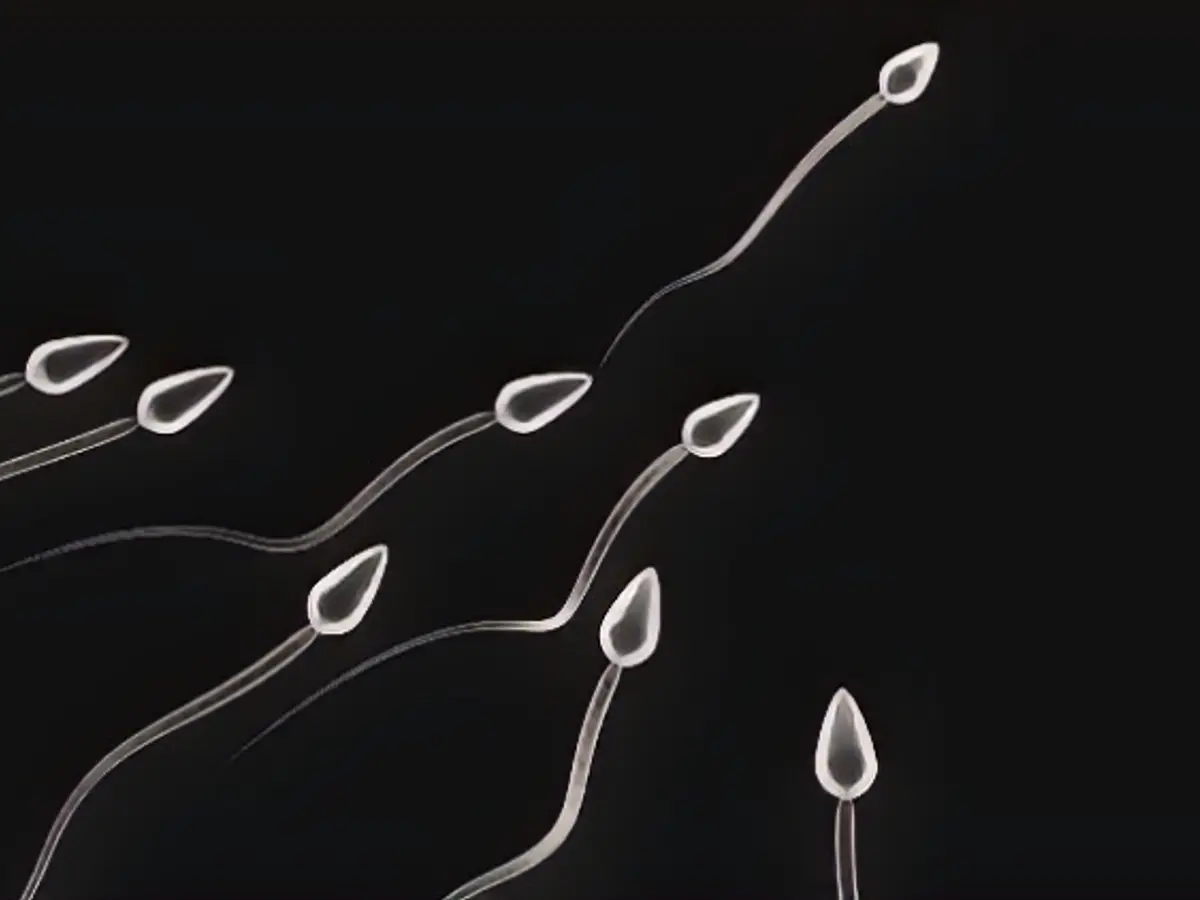Insecticides reduce sperm count in men
For some time now, plant protection products have been suspected of having a direct effect on the reproductive capacity of humans. Researchers have now analyzed the data from 25 studies and come to a worrying conclusion.
Insecticides can contribute to a drop in sperm concentration in men. This is what a research team led by Melissa J. Perry from George Mason University in Fairfax and Lauren B. Ellis from Northeastern University in Boston found out by reviewing a total of 25 human studies. The data was collected over a period of almost 50 years. The researchers, whose results were published in "Environmental Health Perspectives", state that this is the most comprehensive systematic work on this topic to date.
The researchers from the USA and Italy examined data from a total of 1,774 adult men from Asia, North America, South America and Europe who were exposed to two different insecticides, organophosphates and N-methylcarbamates. Both belong to widely used insecticide classes.
"Given their ubiquity in the environment and documented reproductive hazards, it is critical to understand how insecticides affect sperm concentration in humans," Ellis said in a statement. Insecticides are a problem for public health and all men who consume food and water contaminated with these insecticides, the scientist emphasized.
Further studies are urgently needed
The results provide strong evidence that there is a link between exposure to insecticides and a lower sperm concentration. According to the experts, this finding is cause for concern, as a downward trend in semen quality in men has already been observed in previous studies.
"The available evidence has reached a point where we need to take regulatory action to reduce insecticide exposure," Perry said in a video. The research team recommends that further research on the effects of insecticides on sperm concentration in men be conducted in the future.
The findings of the study suggest that exposure to environmental toxins, specifically insecticides, may negatively impact human health, specifically sexuality, as demonstrated by reduced sperm count. To address this concern, it's crucial to prioritize research in nutrition, ensuring individuals consumed food and water free from contaminants like insecticides. Additionally, education about the potential risks associated with these environmental toxins is essential for public health awareness.
Source: www.ntv.de







